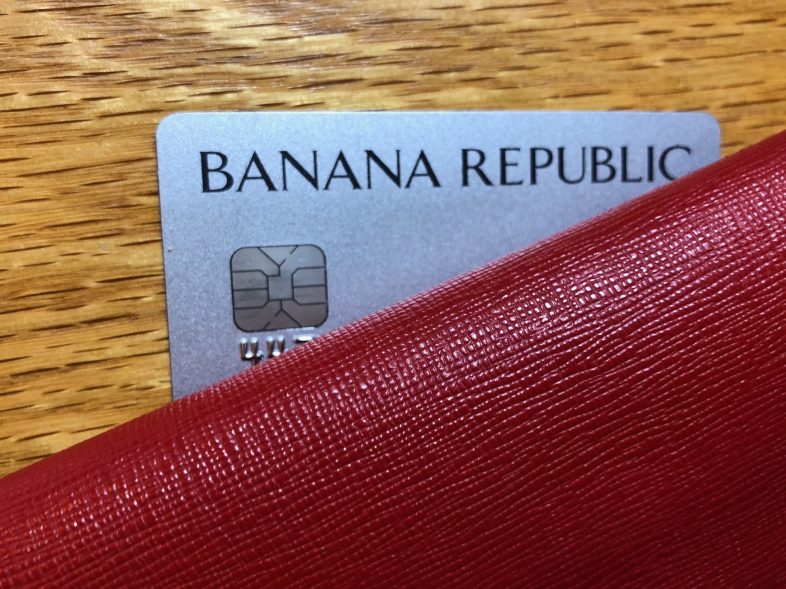
Find out which credit bureau is most often used by Synchrony Bank, when pulling an applicant's credit report and how to check your own credit reports for free.


Though you may not have heard of Synchrony Bank, there is a very good chance that you’ve interacted with the company in the past. Synchrony Bank is a major issuer for store-branded credit cards offered by companies such as American Eagle, The Gap, Banana Republic, eBay, and Sam’s Club. When you apply for a card from Synchrony, the lender is most likely to check your credit report from TransUnion. In fact, Synchrony uses TransUnion nearly exclusively. Though all three credit bureaus use your financial activities as the basis for their reports about you, there is the possibility that each bureau will have slightly different details and scores. That’s why knowing which credit bureau will be used by a lender is important. We learned this information by reviewing 167 consumer-reported credit inquiries from January 2015 through December 2017. That information showed that Synchrony works with TransUnion almost exclusively. There are some cases where Synchrony may check another bureau’s report, but those cases are exceedingly rare.
The credit card application process isn’t particularly transparent. Generally, you fill out an application form online or in person, and wait for a response to pop out. It often seems like you don’t have much control over the result. Given how unclear the process is, it’s probably not a surprise that lenders don’t tell us which credit bureaus they work with. What that means is that we gathered this information from people who applied for cards from Synchrony. Whenever you apply for a loan of any kind, the lender is likely to check your credit report. When a credit bureau receives a request for a copy of your report from a lender, the bureau takes note of that request. These “hard pulls” on your credit report will stay on record for two years after the date of the inquiry. Each hard pull will also reduce your credit score by a little bit. We used CreditBoards.com to collect the majority of the data about Synchrony’s use of TransUnion report. People use the website to gauge their chances of qualifying for certain cards. After they apply for a card, users report information like their income, credit score, the bureau that the hard pull appeared on, and whether they were approved or not. Other borrowers can compare themselves to others on the board to see if they have a good chance of getting a card. We use just the last three years’ worth of data to make sure we’re offering the most up-to-date info we can.
Our goal is to help you identify the credit report that will most affect your chances of getting a card from Synchrony. Thanks to our research, you’ll know that your TransUnion credit report will be the one that Synchrony looks at. Ideally, anything you do to improve your score with one bureau will likely improve it at all three. However, focusing on one, especially if there are errors, can make things easier.
If you know how there are a lot of easy ways to check your credit report for free. Our first recommendation is that you use AnnualCreditReport.com. That website is the only one that is officially sanctioned by the US government, and it doesn’t force you to sign up for any subscriptions to access your report. Through the site, you can get one copy of your credit report from each bureau, once per calendar year, free of charge. If you want to look at your credit reports more than once per year, you can space out your requests. Request a copy of your TransUnion report, wait four months, then request a copy of your Experian report, wait another four months and request a copy of your Experian report. This gives you free updates on your credit every four months. Tip: Some card issuers, like Capital One and Discover, also offer free access to your credit report as a benefit of being a cardholder.